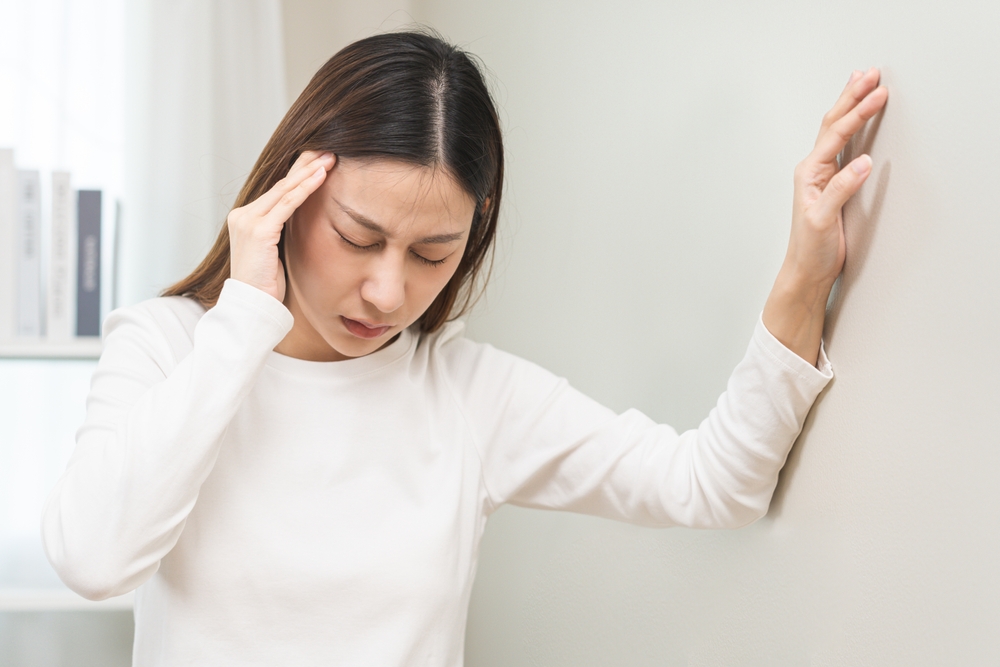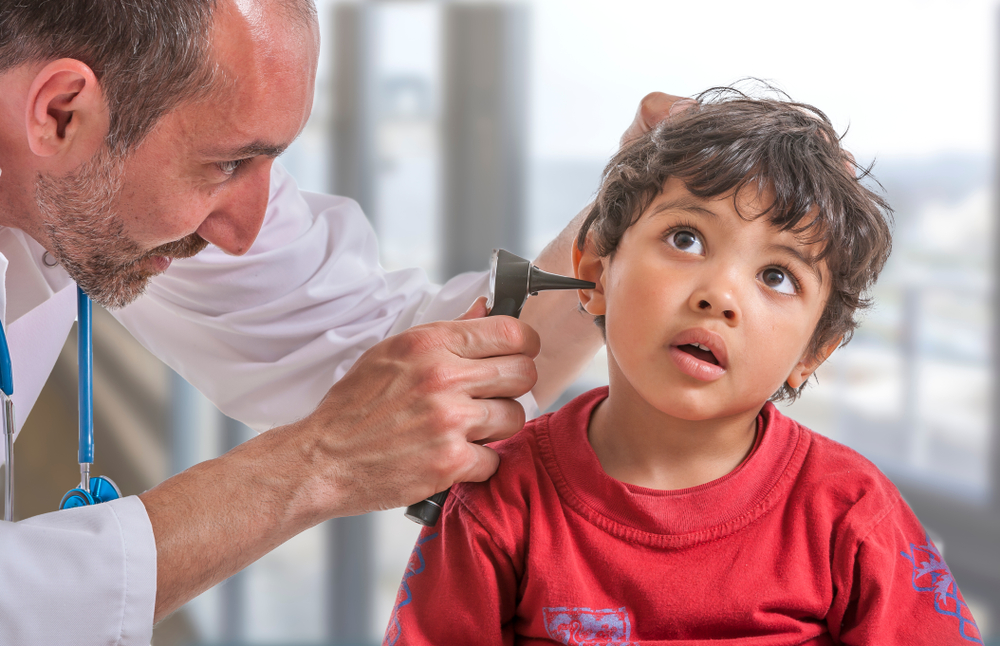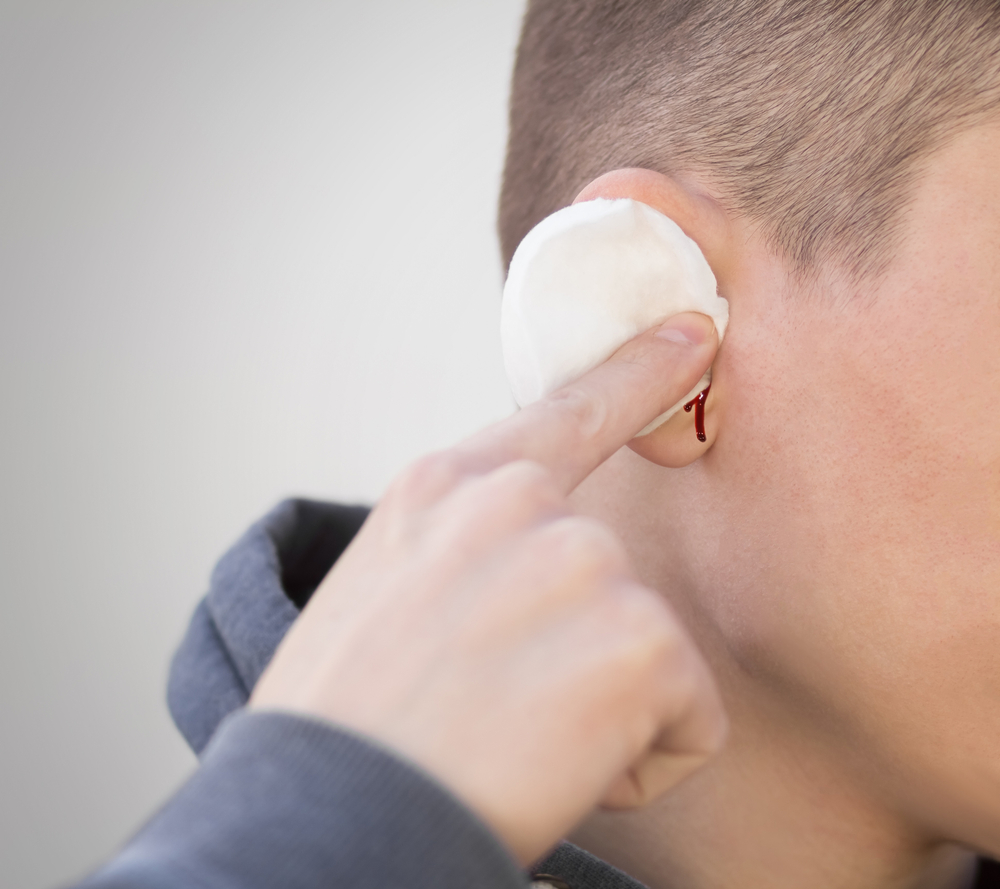Imagine embarking on a cruise only to be struck with severe seasickness. It would undoubtedly ruin the experience. Even after returning to land, the sensation of the ship’s movement often lingers. Now, envision feeling this way almost all the time, with or without a boat. This is what individuals with certain balance issues endure, as these problems can significantly diminish both enjoyment and functionality in daily life.
Balance problems can vary in duration; some are transient and intermittent, while others may be persistent. Identifying the root cause through specific tests is essential for finding effective, long-term treatments.
What are potential causes of balance issues?
Balance primarily depends on the fluid in your inner ears, which helps your brain determine your body’s orientation. When balance issues arise, they often involve the ears, the brain, or both. Common causes include:
- Benign Paroxysmal Positional Vertigo (BPPV): This condition triggers vertigo and dizziness from sudden head movements or particular head positions. Turning your head a certain way can induce an episode of vertigo.
- Meniere’s Disease: A disorder of the inner ear characterized by vertigo, tinnitus, and ear pressure. It typically starts in one ear and may progress to the other, potentially leading to hearing loss.
- Vestibular Neuritis: Inflammation of the inner ear, usually due to an infection, causing temporary dizziness and balance issues. Symptoms generally resolve once the infection clears.
- Migraines: Severe headaches that can cause various symptoms, including balance problems. As the migraine subsides, so do the balance issues.
- Head Injuries: Dizziness and vertigo can result from head injuries, ranging from mild concussions to severe traumatic brain injuries. The severity of the injury often correlates with the duration and intensity of the balance issues.
- Medication Side Effects: Some medications can cause dizziness and vertigo as side effects. Symptoms typically diminish after discontinuing the medication, but always consult your healthcare provider before stopping any prescribed drugs.
This list is not exhaustive, and a healthcare provider will need to conduct specific tests to determine the exact cause of your balance issues.
What are diagnostic tests for inner ear problems?
When you report balance issues, your provider may start by examining your inner ear. These diagnostic tests are generally non-invasive and painless:
- Audiometry: A standard hearing test that evaluates your ability to hear sounds at different frequencies. It helps identify if there are issues with your ears or overall hearing health.
- Tympanometry: This test assesses how well your eardrums move. A small probe directs puffs of air at your eardrum, and the test measures the eardrum’s response to determine ear health.
- Videonystagmography (VNG): This test involves wearing special goggles that track eye movements. It helps diagnose balance issues by analyzing how your eyes move in response to various stimuli.
- Electrocochleography (ECOG): Measures the electrical activity generated by your cochlea. This test is crucial for diagnosing Meniere’s disease.
- Brainstem Auditory Evoked Response (BAER): Monitors brainwave activity in response to sound stimuli, helping identify problems with the inner ear or the communication between the ears and the brain.
- Vestibular Evoked Myogenic Potentials (VEMP) and Auditory Brainstem Response (ABR): These tests measure electrical activity to assess how well signals travel between your brain and ears.
The appropriate test for you will depend on your symptoms and overall health. Your provider will decide whether a simple screening or a more comprehensive test is necessary.
Treating balance issues
Once the cause of your balance issues is determined, your provider can offer tailored treatments. Treatments can range from simple to complex, depending on the underlying issue.
- Medication: Over-the-counter or prescription medications can help manage and alleviate symptoms.
- Positioning Exercises: Specific exercises, like the Epley Maneuver, can effectively treat certain types of vertigo.
- Lifestyle Modifications: Changes such as improving diet or quitting smoking can help reduce symptoms.
- Vestibular Rehabilitation: Exercises designed to improve balance and prevent falls, similar to physical therapy for balance.
- Surgery: In some cases, surgical intervention by an ENT specialist may be necessary.
Maintaining balance
Balance issues can significantly affect your quality of life and safety. Dizziness and instability can make everyday activities, like driving or walking, challenging. An ENT specialist can diagnose the cause of your balance problems and provide effective treatments.
Taking the first step to address these issues is crucial. Find a provider in your area to schedule an appointment and begin your journey towards regaining your balance and improving your quality of life.



